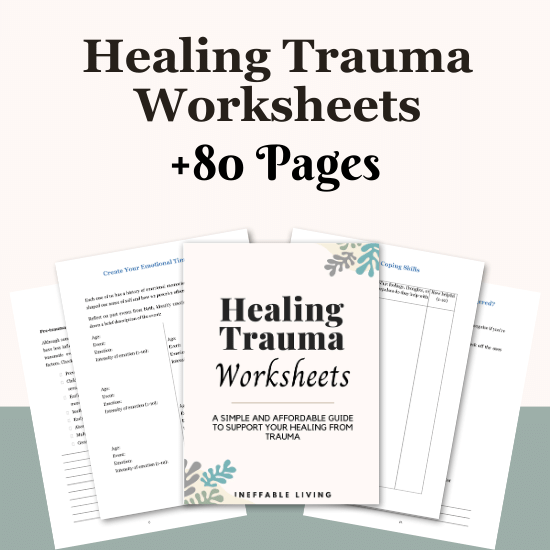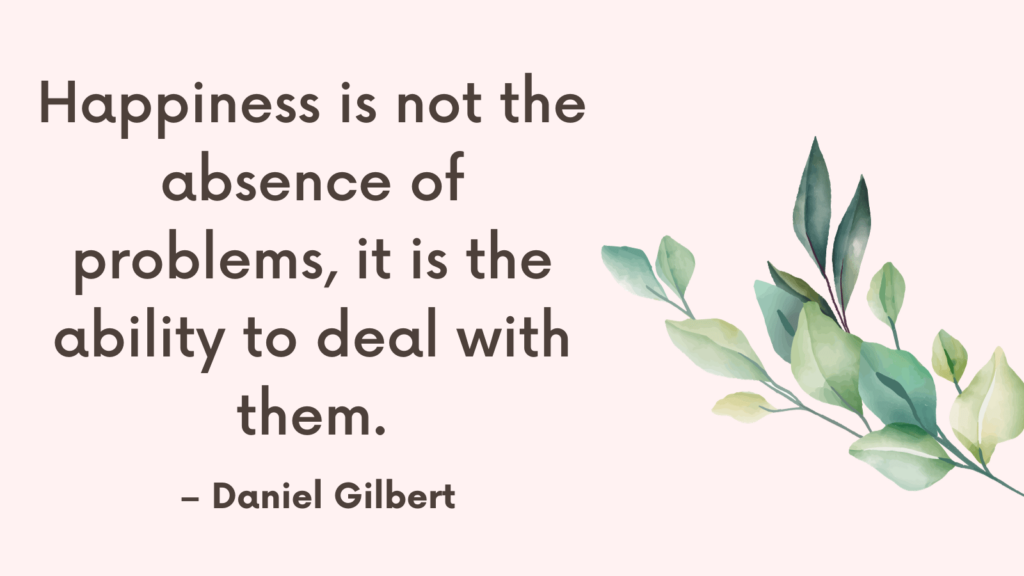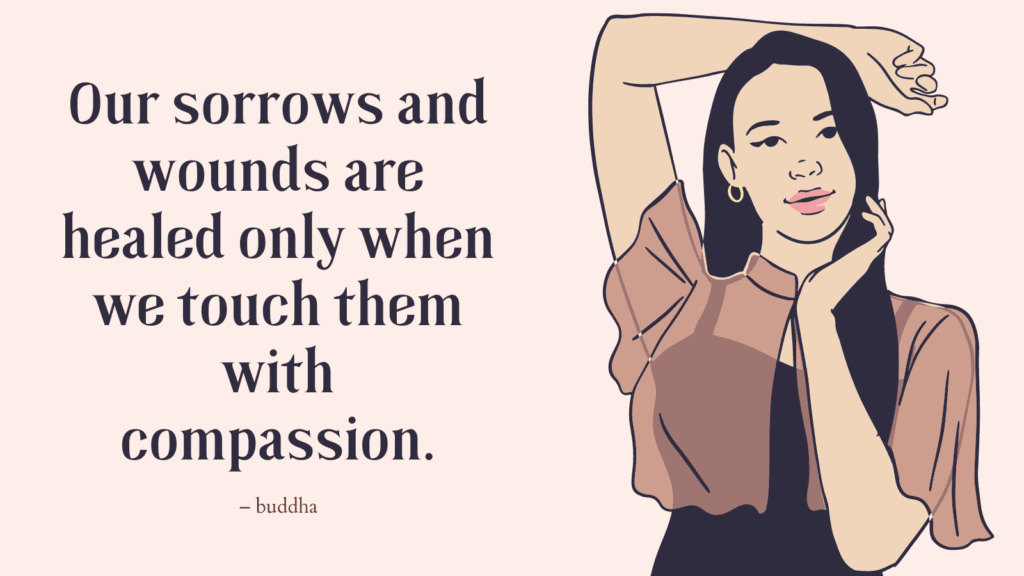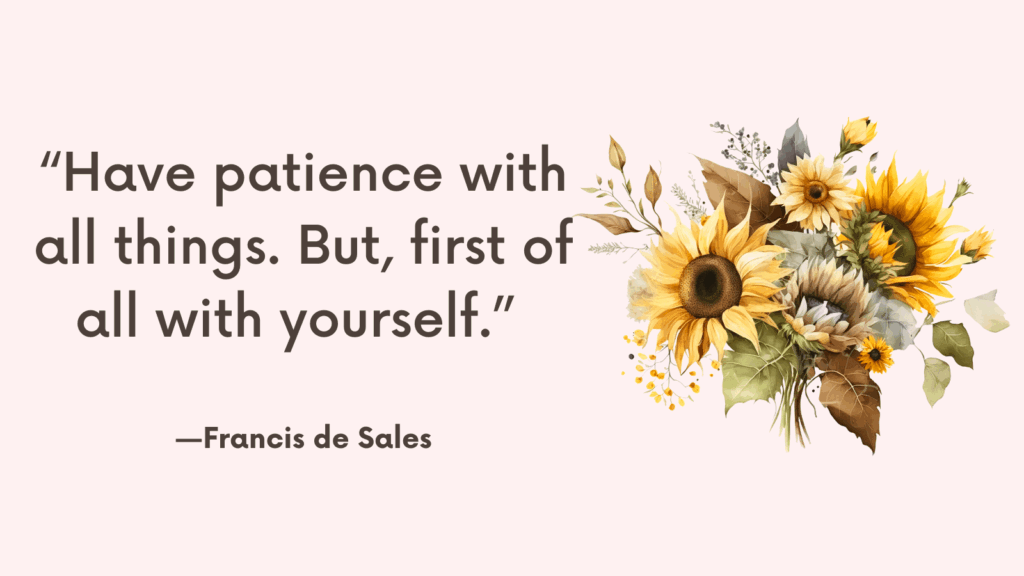In this post, you’re going to learn how to deal with triggers from trauma.
How To Deal With Triggers From Trauma?
1. Understanding Triggers
It’s important to recognize and understand what triggers are and how they affect you.
Triggers are external or internal stimuli that unknowingly remind you of the traumatic event, causing intense emotional or physical reactions.
Common triggers include certain sounds, smells, places, or even specific dates.
2. Self-Compassion
Practice self-compassion as you navigate your triggers.
Understand that experiencing triggers is a natural response to trauma and does not reflect weakness or failure.
Be gentle with yourself and acknowledge the courage it takes to confront and manage these challenging experiences.
3. Identifying Triggers
Take the time to identify and recognize your triggers.
Keeping a journal can help you track patterns and gain insight into the specific cues that provoke distress.
By understanding your triggers, you can develop strategies to manage and cope with them more effectively.
Related: Complex PTSD And Nightmares: Top 9 Ways to Cope
4. Grounding Techniques
Grounding techniques are invaluable for managing triggers in the moment.
These techniques help anchor you in the present and provide a sense of safety.
Examples of grounding techniques include deep breathing exercises, focusing on physical sensations like touch or movement, and using mindfulness practices to redirect your attention.
5. Safety Plan
Develop a safety plan that outlines coping strategies for when you encounter triggers.
This plan can include specific actions you can take, comforting activities, and contact information for trusted individuals who can offer support during challenging times.
6. Creating Safe Spaces
Identify and create safe spaces in your environment where you can retreat when triggered.
This may involve decorating a calming corner in your home, surrounding yourself with soothing items, or engaging in activities that bring comfort and solace.
Related: How To Rebuild Your Life After Trauma?
7. Building a Support Network
Surround yourself with a supportive network of friends, family members, or support groups who understand your experiences and can offer empathy and encouragement.
Sharing your feelings with trusted individuals can help alleviate the burden of managing triggers alone.
8. Self-Care Practices
Prioritize self-care and nurturing activities in your daily routine.
Engage in activities that promote relaxation, such as gentle exercise, artistic expression, spending time in nature, or practicing meditation and mindfulness.
Taking care of your physical and emotional needs can help strengthen your resilience in the face of triggers.
Related: Top 10 Signs You’re Stuck In Freeze Response
9. Boundary Setting
Establish and communicate clear boundaries that help you feel safe and respected.
This may involve setting limits on certain conversations, interactions, or environments that trigger distress.
Asserting your boundaries can empower you to protect your well-being.
10. Understanding Triggers in Relationships
If triggers impact your relationships, communication is key.
Discuss your triggers with loved ones and educate them about how they can support you during difficult moments.
Mutual understanding and empathy can foster a stronger, more secure connection.
11. Empowerment through Education
Educate yourself about trauma and the recovery process.
Understanding the psychological and physiological effects of trauma can provide a sense of empowerment and validation.
Knowledge can also help dispel misconceptions and self-blame.
Related: What Is Hyper Independence Trauma?(+4 Steps To Healing)

Common Signs You’ve Been Triggered
- Sudden panic, anxiety, or racing heart
- Emotional numbness or dissociation
- Irritability or defensiveness
- Flashbacks or intrusive thoughts
- Need to escape, freeze, or shut down
- Overreacting to something seemingly small
- Difficulty thinking clearly or speaking
What Not to Do
- Don’t shame yourself for being triggered
- Don’t try to “push through” overwhelming emotions
- Don’t minimize your experience or let others do so
- Don’t isolate without support for too long
Conclusion
Dealing with triggers from trauma is a deeply personal journey, and it’s important to approach this process with patience, self-compassion, and the understanding that healing takes time.
If you find that triggers significantly interfere with your daily functioning or overall well-being, seeking professional help from a licensed therapist or counselor is crucial.



